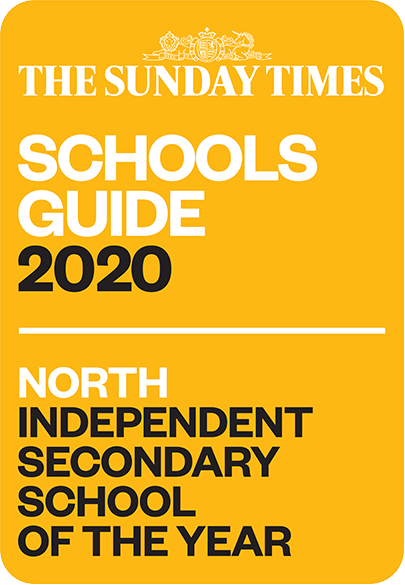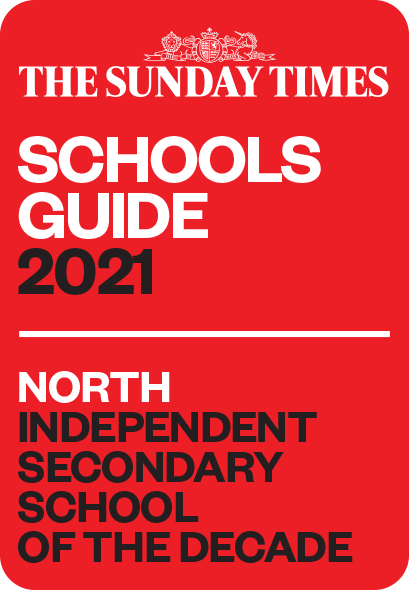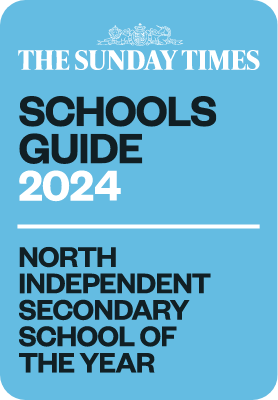
The importance of small talk: preparing children for starting school
Monday 8 October 2018
As we approach a new school year, I am looking forward to welcoming new starters through our doors. For many, it is an exciting phase in their young lives but for others it can be extremely daunting.
In the words of philosopher Ludwig Wittgenstein: The limits of my language are the limits of my world. And for some children, those limits are very narrow indeed.
According to the Department of Education more than a quarter of children starting primary school are unable to communicate in full sentences. Research shows that this disadvantage at an early age follows them throughout their lives. Children with a poor vocabulary aged five are more than twice as likely to be unemployed at age 34 than children with good vocabulary.
So I was heartened to see that the education secretary Damian Hinds has stepped into the debate. He has called the situation a scandal and says that he wants to harness technology so that parents can do more to help their children’s early language development.
He has announced a summit in the autumn which will bring together businesses, charities, tech companies and media groups to encourage more parents to read and learn new words with their children. I am looking forward to hearing more about this initiative.
One of the privileges I have had as an early years’ teacher has been to work with children and families in a wide variety of settings and to witness the different starting points of children entering school.
My first school was located in a deprived industrial area and I taught Reception and Year 1 children. Many of my pupils started school with speech production difficulties, extremely limited vocabulary and little experience of leaving their parents.
When, as a naïve newly qualified teacher (NQT), I introduced a magic carpet to the classroom as a stimulus for imaginative language, I was floored to find that the only dream destination that the children could name was McDonalds.
Since then, I have worked in schools with a very different intake and have been similarly astounded by the extent of the vocabulary which I have encountered. Many of the four-year-olds I currently work with have extremely sophisticated language skills and can engage in a lengthy debate about subjects that interest them.
The gap between these children and those from my first school is striking. Schools can – and do – play a huge part in working to narrow this gap and there are many well-researched language interventions that can have a significant impact.
Teachers can teach the skills but fortunate children will have relationships with parents, grandparents or other relatives who will engage with their learning and development.
The best schools work in partnership with their families so that parents can help prepare their children for starting school.
Here are some activities which parents and children can try together to help with language development:
- Take every opportunity to talk to your children. Face to face, with eye contact, enabling them to see your expressions and body language. This teaches them the conventions of conversation – talk, listen, respond. Do this with even young babies; by responding to the noises they make, you will find that they learn to take turns in this chat!
- Put your phone down. It is so important that children learn to read tone of voice and faces and that they have your full attention.
- Extend your children’s vocabulary by introducing new words as part of these conversations. Don’t dumb down your expressive language. Use interesting and varied words. Most children will ask what new words mean – encourage this and explore words together.
- Explore sounds – use rhyme and nonsense words to teach your children the enjoyment of playing with sounds. Make up words that rhyme with your child’s name, chant them, sing them, make up songs together.





